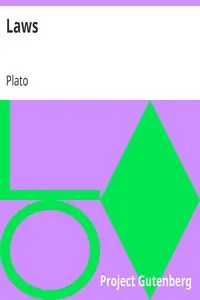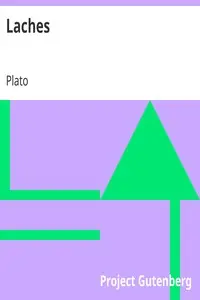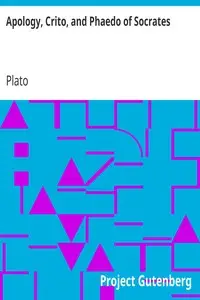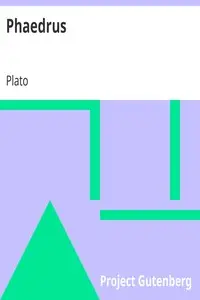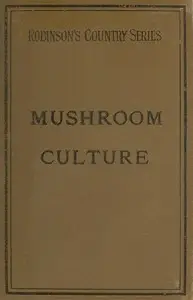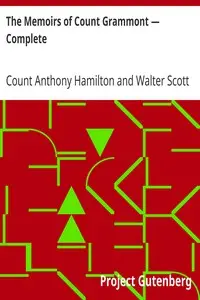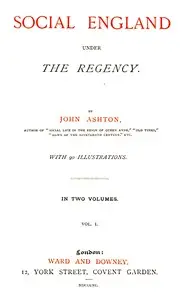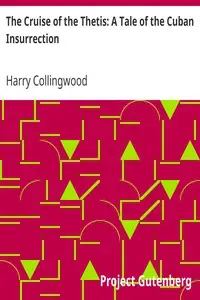"The Republic" by Plato is a philosophical treatise written in the 4th century BC. The work explores the nature of justice, the ideal state, and the role of the philosopher within society. Through a series of dialogues featuring characters such as Socrates, Thrasymachus, Glaucon, and Adeimantus, Plato investigates what justice means and how it can be achieved both on an individual and societal level. The beginning of "The Republic" sets the stage with Socrates engaging in a conversation about justice, starting with Cephalus and transitioning to Polemarchus and Thrasymachus. Their discussions weave through definitions of justice, the characteristics of the just man, and the relationship between justice and power. Initially, Cephalus offers a traditional view of justice as truth-telling and debt-repayment, but Socrates methodically challenges this notion by presenting various exceptions and situations where such definitions fail. The opening chapters highlight the complexity of defining justice while introducing key themes that will permeate the dialogue, such as the interplay between the just and the unjust, the potential for immorality in political power, and the distinctions between appearance and reality in ethical behavior. (This is an automatically generated summary.)
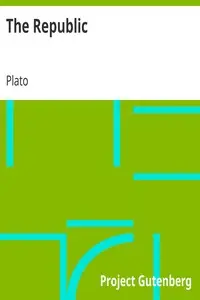
The Republic
By Plato
There is an improved edition of this title, eBook #55201
Genres
Released
1994-07-01
Formats
epub3 (images)
epub
epub (images)
mobi (images)
mobi
Free Download
Overview
About the Author
Plato, born Aristocles, was an ancient Greek philosopher of the Classical period who is considered a foundational thinker in Western philosophy and an innovator of the written dialogue and dialectic forms. He raised problems for what became all the major areas of both theoretical philosophy and practical philosophy, and was the founder of the Platonic Academy, a philosophical school in Athens where Plato taught the doctrines that would later become known as Platonism.
Total Reviews
10.0k
Total reviews from Goodreads may change

